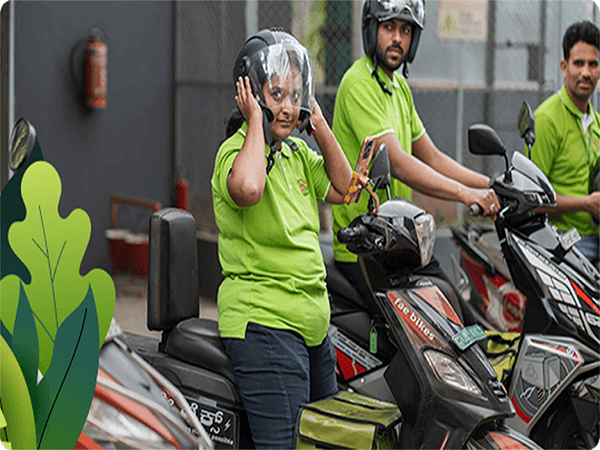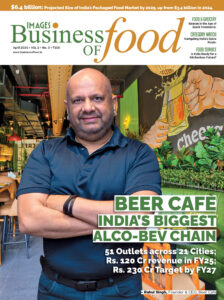bigbasket, a TATA Enterprise, has released its 2023 Sustainability Report. The report highlights the company’s significant strides in six key impact areas: electric delivery vehicles, solar power generation, support for organic farmers, waste management, diversity and inclusion, and corporate social responsibility. bigbasket’s sustainability efforts resulted in the avoidance of 10,429 tonnes of carbon emissions through…




